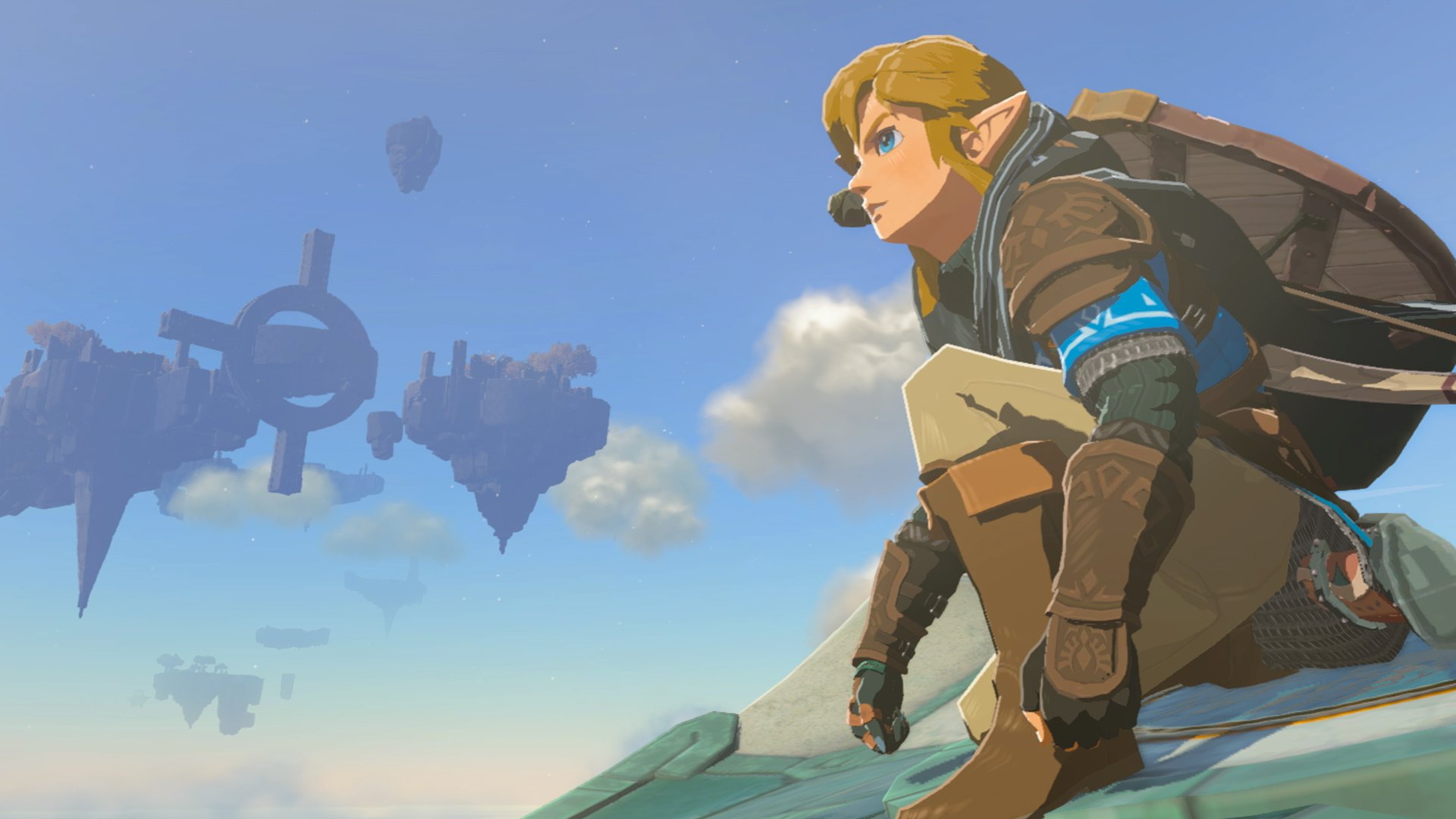
When it comes to learning from video games, many people think of Lumosity or Big Brain Academy, edutainment games intended to slow brain aging. A 2023 French study, however, has suggested that players can learn other real-life lessons from their games. Data obtained from more than 300 adult MMORPG players suggested a correlation between gaming and resilience. The more a participant played video games, the more resilient they tended to be.
It’s nice to see science genuinely examine the potential benefits of gaming instead of unequivocally writing them off as “bad.” It’s even nicer to know I’m not alone in the things I’ve learned from video games. Series ranging from The Legend of Zelda to Call of Duty taught me I could be many things and live many lives; not in a concerning, “If I pass, I’ll respawn” way, but in an adaptable, “I’m not scared to reinvent myself” one instead. They modeled resilience for me.
Case and point: Of all the bittersweet moments associated with the end of high school, the most difficult for me wasn’t graduation or realizing that my friends and I would scatter come the fall. The hardest part was quitting tennis. I was team captain. I had a national ranking. I’d once wanted to play professionally. But somewhere amid the matches and training sessions, I stopped loving it. I was ready for a change, and I was able to let go because I could see my other identities, beyond “competitive athlete.” I was a gamer, a writer, an AV nerd, and a friend. I loved music and running. Though tennis had once been my life, quitting didn’t mean I’d lose myself.
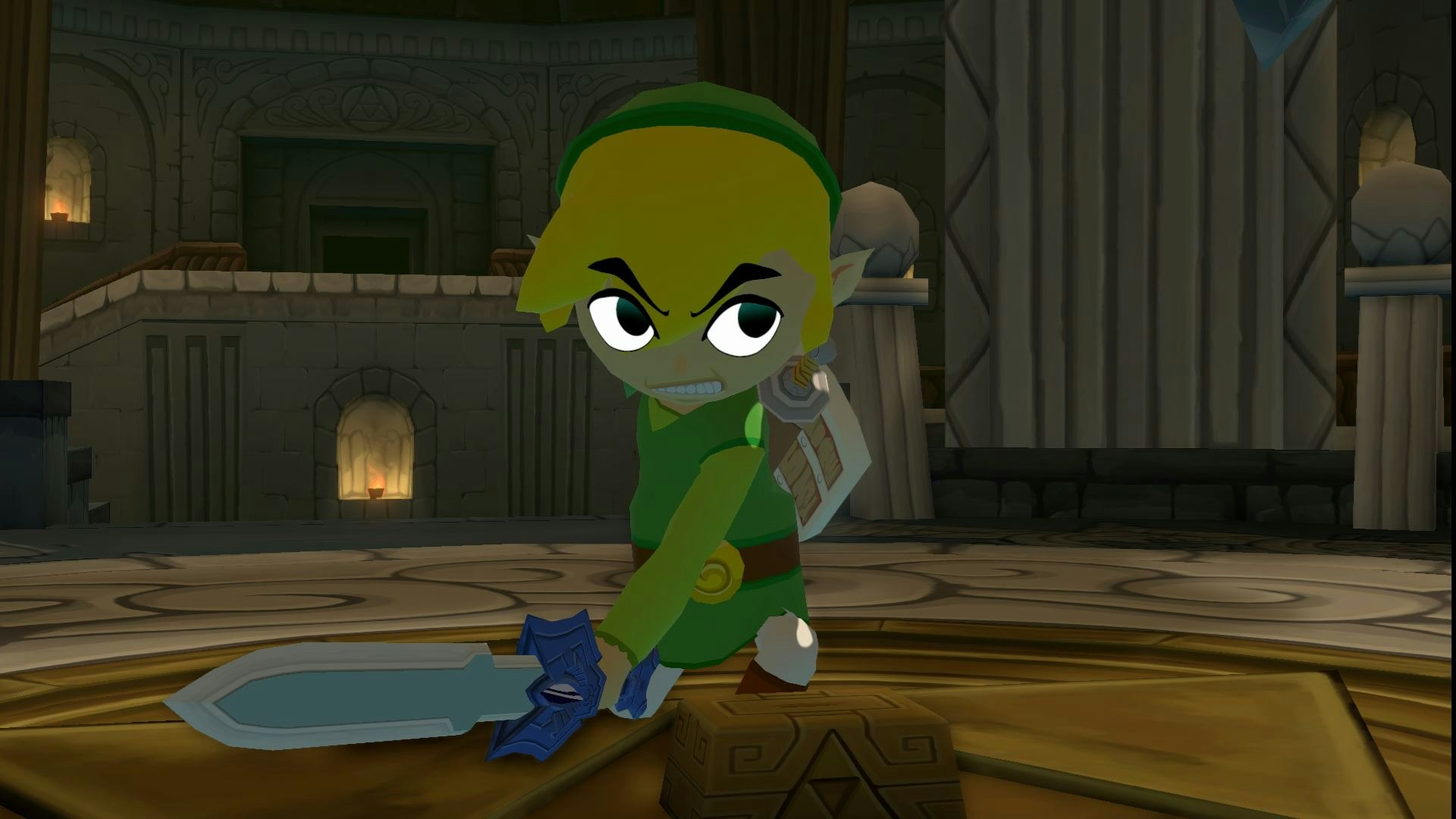
For years, I would’ve called this process resilience. It is, essentially, the psychological definition of it. I encountered a difficult decision, thought through my choices, and adapted. Now, I can see how resilience led me to something called a growth mindset.
In the second edition of her 2006 bestseller Mindset: The New Psychology of Success, researcher Dr. Carol S. Dweck discusses two mindsets: fixed and growth. People with the former believe a person is born with a certain amount of innate talent, for example, and that the amount is unchangeable. In a CBS interview, Dweck noted, “When there’s a setback, someone with a fixed mindset [...] may get defensive and give up.” They don’t think they can change.
Contrasting that is a growth mindset, in which a person believes they can improve over time. This group is resilient in the face of challenges and mistakes because they think, “I’ve failed,” as an action, which can be changed in the future, and not “I’m a failure,” as a person, innately.
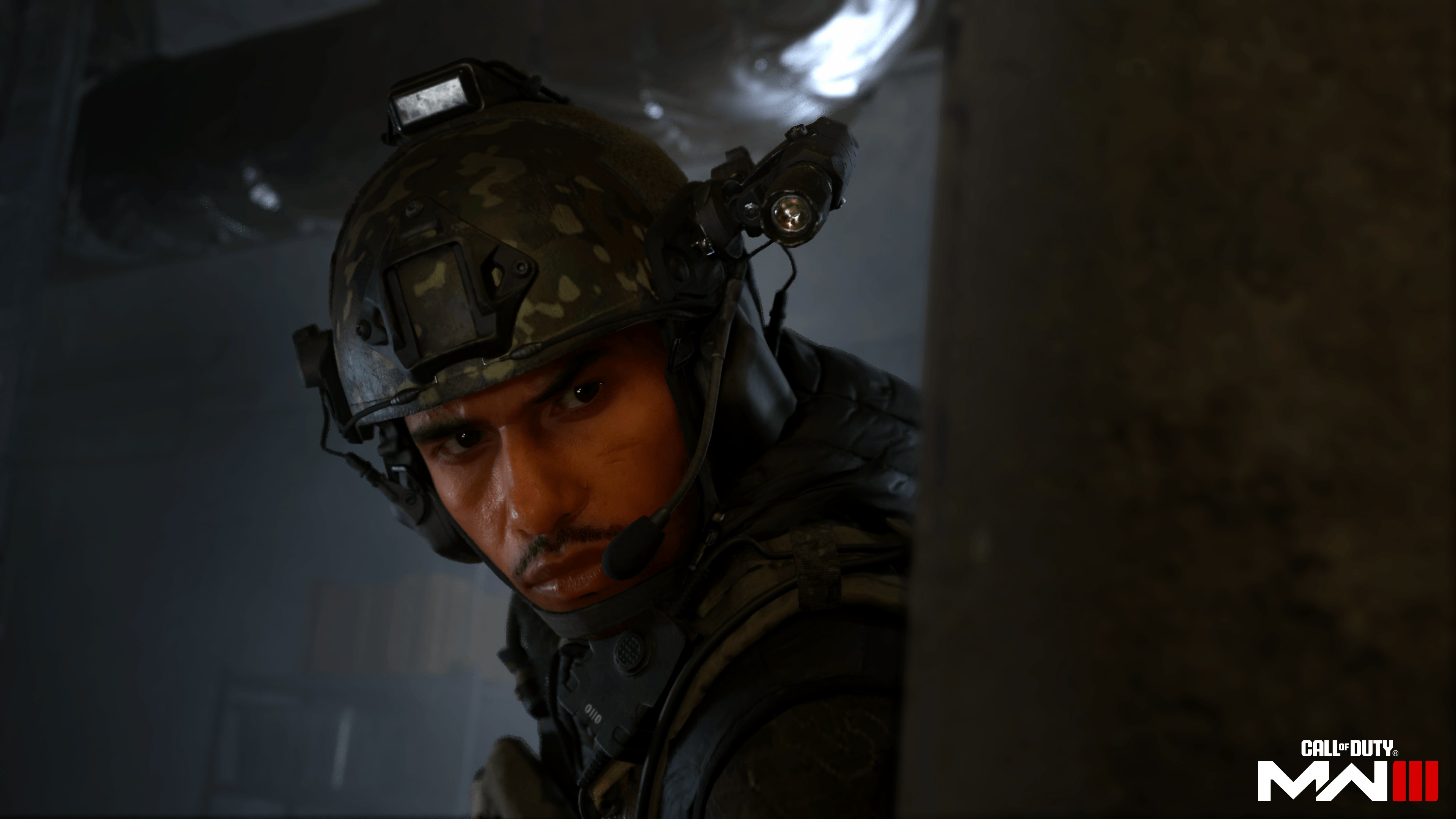
That last point is a subtle difference, but Dweck’s research suggests it’s an important one. She argues that difficulties will invariably arise in life, and growth mindset folks have the resilience to better meet them.
For me, the resilient moment came when I identified myself as more than an athlete. I could’ve easily conflated quitting tennis with being a failure as a person. I could’ve clung to tennis and made myself miserable.
But I had models for shifting identities, thanks to many of the games I played. After all, how many iterations has a character like Link had? Whether it’s choosing to sail away from Outset Island at the end of Windwaker, or leaving Skyloft in Skyward Sword, Link is still Link, even if he’s also the Hero of Winds (or Time, or Twilight, or the Wild, etc.). He can grow and change and still be himself.
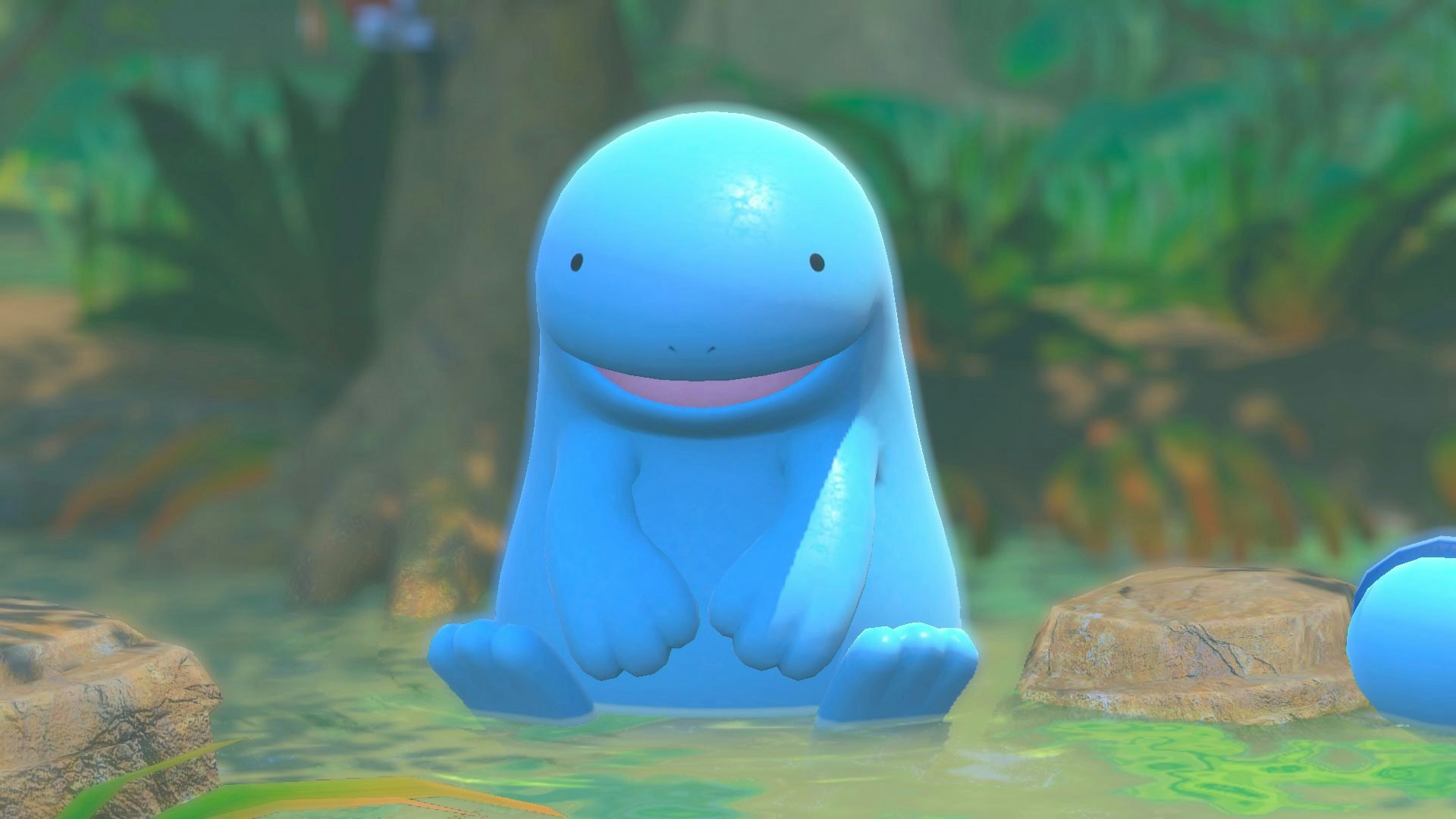
He's also both the same character and not across each Zelda installation, meaning he has a shifting multiplicity of identities across the series as well as in each game. Having this normalized via pop culture helped me replicate the process of change.
It's easy for me to credit Link for this given his popularity over the past 35 years, but by age 17, I’d tried my fair share of identities beyond Link’s hero trope: training Pokémon, farming the Forget-Me-Not Valley, fighting the Flood, joining Task Force 141, and more. I could put on and take off those hats as I pleased. Even if I was sad when a game ended, I survived. I could do the same with real-life labels.
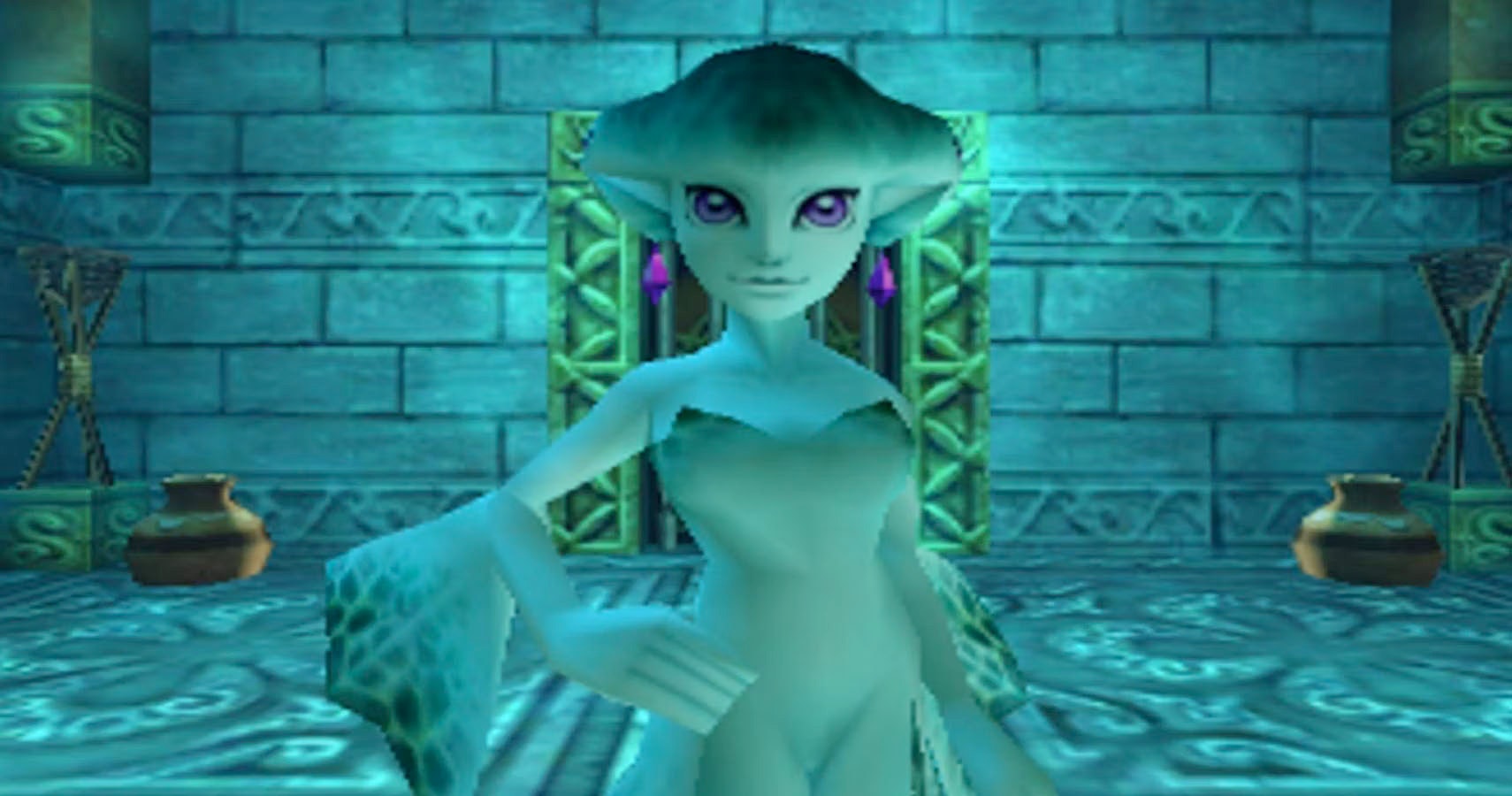
The benefits of doing so apply broadly. The World Health Organization, for one, notes the importance of resilience for mental health. The American Heart Association has also reported that resilience is tied to a higher quality of life.
So what does this mean for gamers? It may mean that we’ve already developed more resilience than we think. Much of the language used to discuss the growth mindset sounds like player strategy: Whether someone is facing a challenge at school, work, home, or even with Ocarina of Time’s infamous Water Temple, a gamer with a growth mindset will see any individual defeat as temporary, as a chance to rest, restock, and then try a new tactic, maybe one better suited to whatever boss they’re facing.
Metaphoric language aside, gaming is a powerful tool for learning resilience, a skill that extends beyond the confines of controllers or PC setups, beyond even games’ entertainment value and career potential. Regardless of skill level, resilience and a growth mindset are available to any gamer open to their potential — and that’s a pretty cool perk for a hobby to have.







